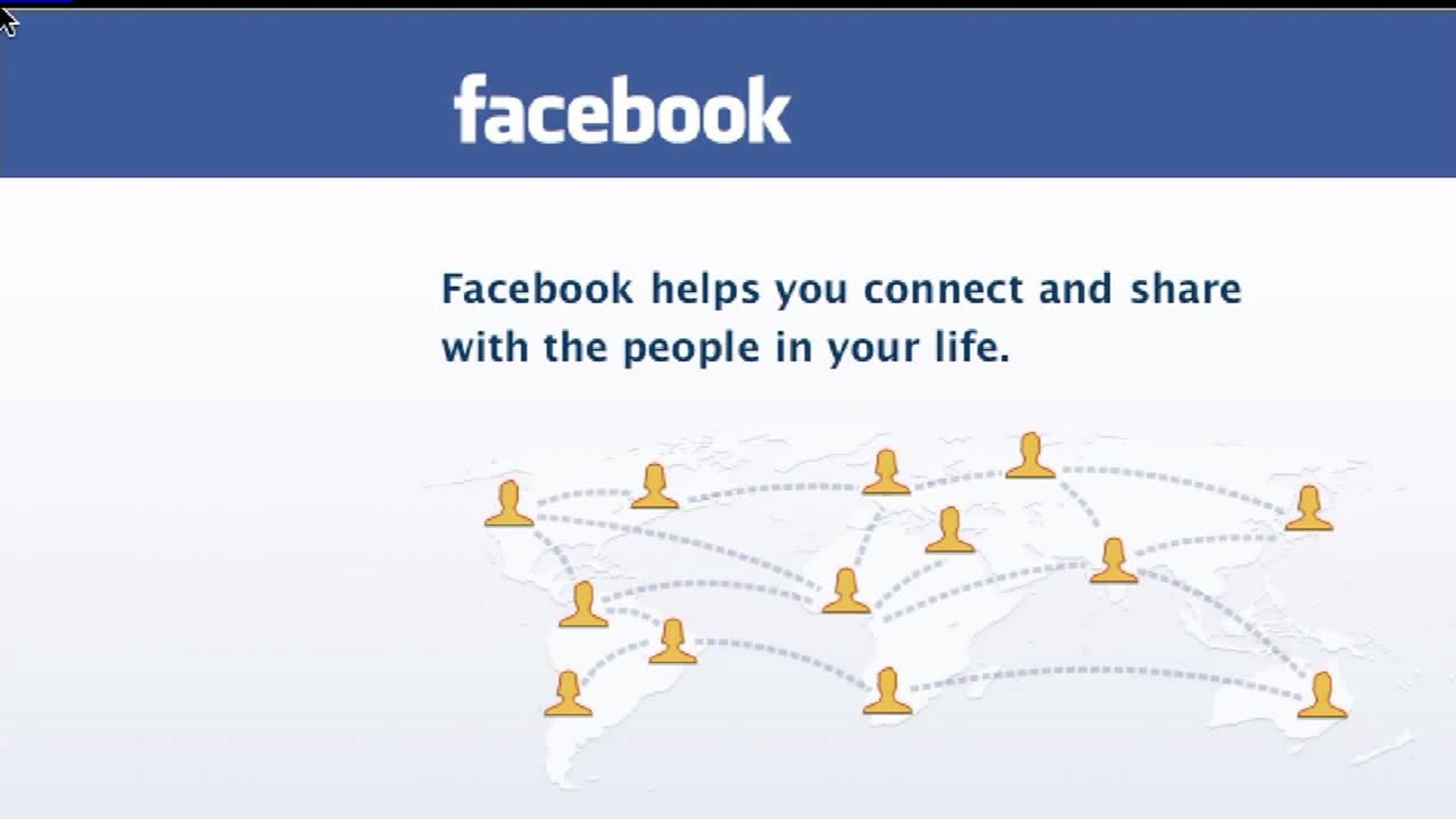When you log onto Facebook, you may just be looking to connect with old friends or see what viral videos are being shared.
What may seem like harmless entertainment though, is now the topic of discussion for many civil rights groups who say Facebook has gone too far.
“Every great tool is also a great weapon. So at some point you need to realize that tool can be used against you,” said Ron Jones, a cyber security professor at Harrisburg University.
Two billion users— that’s more than a quarter of the world’s population.
However, how many of those users actually read the “terms and conditions” before clicking “I agree” when creating a Facebook page?
“It’s too long, honestly. It’s too much to read all at once, so I don’t think anyone really reads it,” said Mai-Lani Pridgen, a Harrisburg University student.
And now, the popular social media site is under fire for what some are calling loose privacy laws, most recently, facial recognition.
According to Jones, Facebook is doing nothing illegal.
“There is personal data- that’s information about you, or called meta data. Such as your face, where were you last night, did you buy a pair of red socks yesterday. This is personal data. This is not regulated,” said Jones.
Here's an example- have you ever uploaded a photo on Facebook and tagged the people in it? Often times, Facebook will know who is photographed before you type anything. This is facial recognition, and it has some people upset.
“What Facebook does is they make millions and millions, if not billions, of dollars off selling this information. And they sell it to everyone, including what your face looks like. So that’s how they stay in business,” said Jones.
Jones says that Facebook may be a social tool, and at the end of the day, it falls under the advertising umbrella.
The only way to protect yourself is to be extremely careful about what you share.
“These are conversations just like you would have with your child if they’re walking down the street in the late evening. ‘You don’t talk to strangers.’ Right? Well same here. The stranger is your social media,” said Jones.
Some consumer and civil rights groups, including the Electronic Privacy Information Center, are planning to challenge the facial recognition feature with the Federal Trade Commission.
They say these techniques threaten the privacy of the users.

